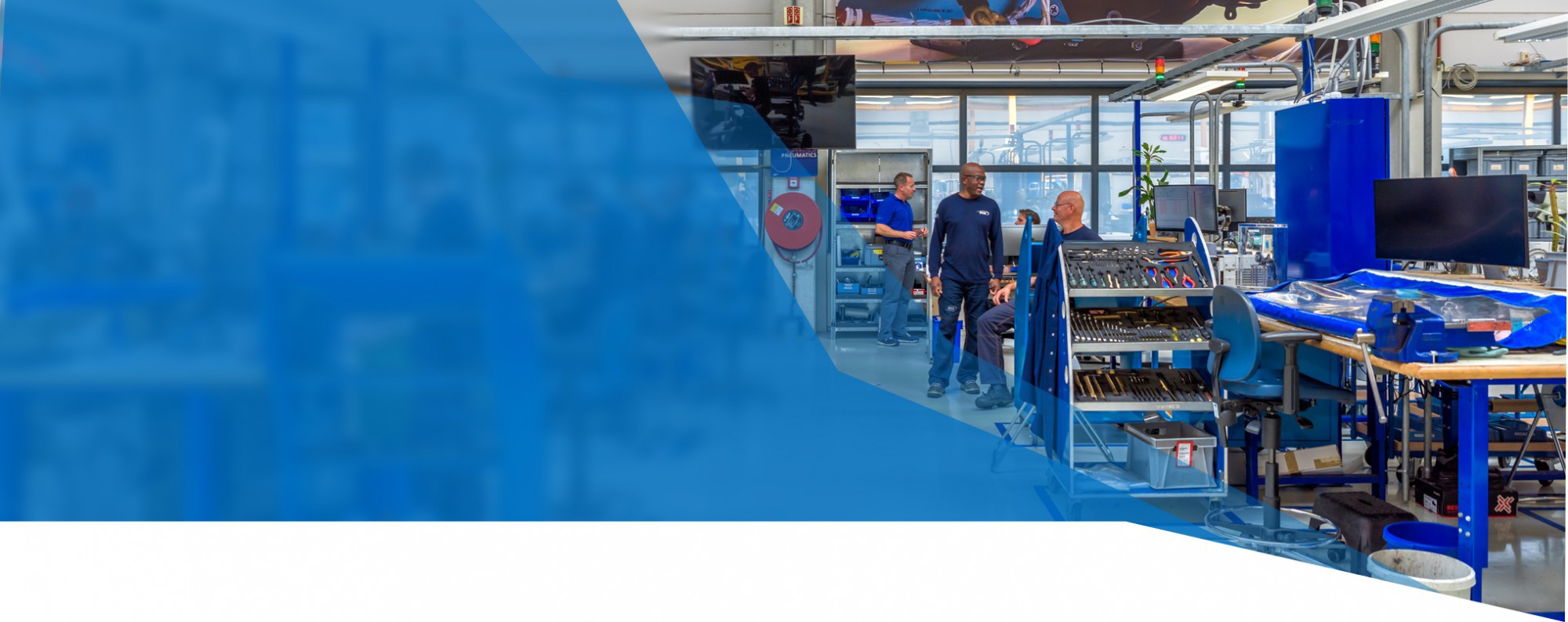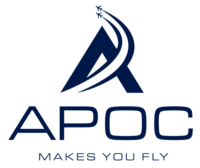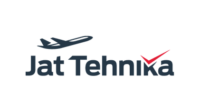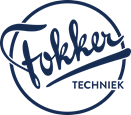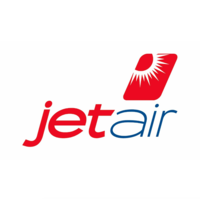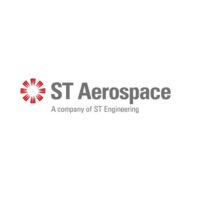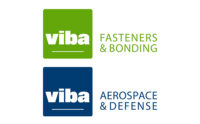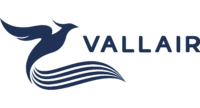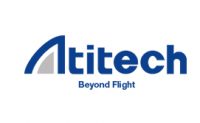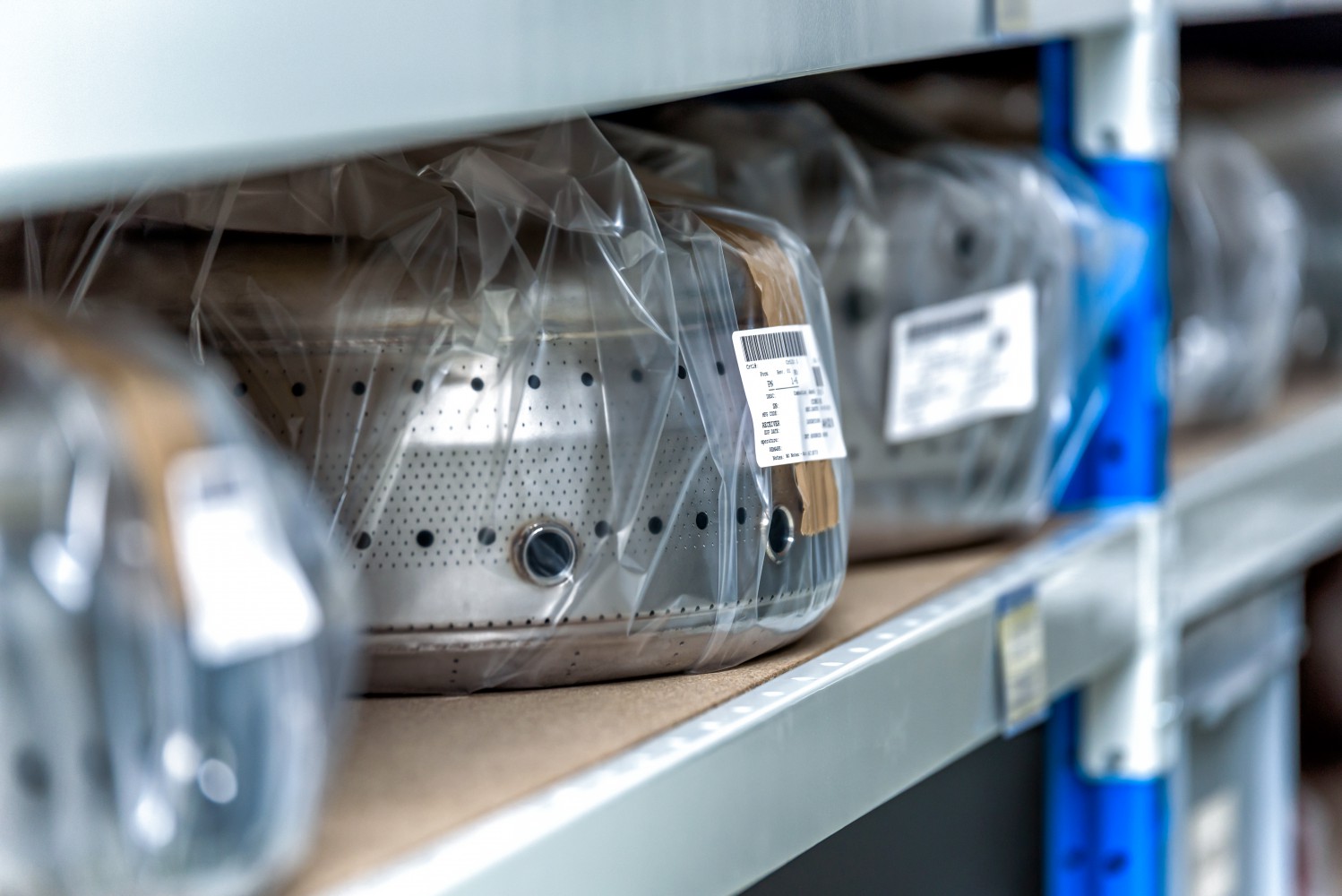
How MRO shops can manage their inventory more clever
Most MRO shops struggle with inventory shortages, due to lack of parts on the market or long lead times for parts that are out for rework at a specialized shop. We have several improvement concepts that have reduced these problems drastically.
In this article we will share the improvement concepts that we have specialized ourselves in and that could be a solution for your MRO shop as well.
1. Exchange units
 Realizing a pool of your own serviceable components is worth the effort and investment. If you store these components in a serviceable condition, you can offer them as an “Exchange unit”. Your own pool of serviceable components will provide your company with the following benefits:
Realizing a pool of your own serviceable components is worth the effort and investment. If you store these components in a serviceable condition, you can offer them as an “Exchange unit”. Your own pool of serviceable components will provide your company with the following benefits:
1. Direct AOG support through a contracted forward exchange service. The serviceable Exchange unit is sent to the contracted AOG client, even before the unserviceable return unit is received. The unserviceable return unit will become part of the exchange pool after it has been repaired/overhauled/modified.
2. In case of a potential Turn Around Time (TAT) overrun, you could offer the customer the option of an Exchange unit. A TAT overrun can, among other things, be the result from parts shortages; more work in the shop than man-hours available; or unexpected technical setbacks, delaying the repair- or overhaul process.
3. During quiet times the mechanics can work on these Exchange units. This will even out the workload and a reduction of downtime hours can be realized.
2. Piece Part Capability

Your TAT can be negatively impacted by delays in rework processes, that are outsourced to external specialized suppliers.
How can you get a hold on this? You could set up a pool of piece parts and kill the negative impact on the TAT. Your MRO shop could even add the part number of the piece part to your capability list and issue an EASA Form 1 or FAA 8130-3 for the internally reworked parts. With that addition to your capability list, you can create a pool of certified serviceable piece parts, available at any time whenever needed. You could even sell these certified serviceable piece parts to the aviation industry.
An example of a successful piece part capability we were involved in, was a company that decided to strip or grind chrome from pistons, perform a None Destructive Inspection (NDI), have them re-chromed and grind them to the required seize in their own shop. This example of piece part capability did enable them to reduce the TAT drastically.
3. Dynamic Repair Kits

Repair kits are commonly used in the MRO shop business. But mostly these are kits static of nature, derived form the Bill of Material (BOM) and that is it. The benefits of repair kits can be more than just that. If you get maximum potential out of your repair kits, you can optimize the repair process and reduce extra parts being ordered or parts being booked back into the stockroom.
When you really know your customer and you understand how they operate and have their aircraft maintained, you can anticipate on the status of the components that require a shop repair. Together with the repair data of previous shop visits you can predict the extent of the repairs per specific type of customer. With that information, you can classify standard repair classes (for instance Low-, Medium- or Heavy repair).
When you also grade your repair kits into the same standard repair classes, based on the previous mentioned data, you can determine what class of repair kit fits the condition of the unserviceable components best.
With the continuous monitoring of the parts used per repair class, you can adjust and modify the contents of the repair kits and make it dynamic. This will give maximum support to the repair process.
Are you interested in one or more of our improvement concepts? Please contact us and we are pleased to provide you with more information.

